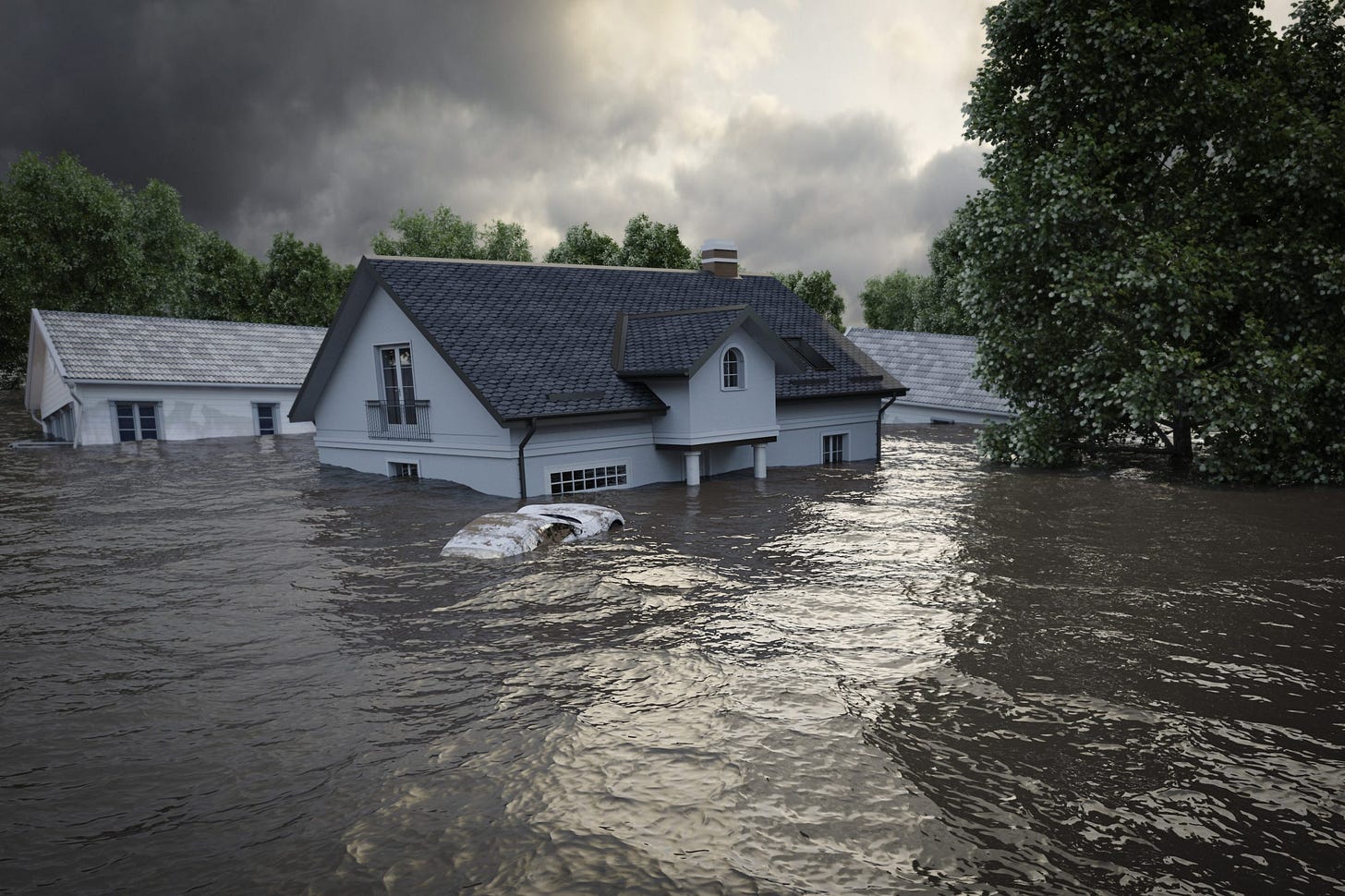With insurance premiums on the rise, more homeowners are making the risky choice to skip home insurance altogether. According to a recent study by the Consumer Federation of America, about 1 in 13 American homeowners is currently uninsured, with the uninsured rate climbing from 5% to 7.4% since 2019.
As the annual cost of homeowners insurance for a $300,000 mortgage surged 23% in the past year to an average of $2,230, some homeowners are opting to let their policies lapse or forgo coverage entirely. Yet the potential financial impact of this decision is steep: a single disaster could result in financial ruin for those without protection.
Why Forgoing Home Insurance Is a Financial Risk
“Skipping homeowners insurance is a huge mistake,” cautions Alaina Hixson, director of sales and operations at The Churchill Agency. While the upfront costs of insurance may be high, Hixson emphasizes that it can save homeowners thousands—or even hundreds of thousands—in the event of disaster.
Homeowners insurance generally provides essential protection, covering costs related to fire, theft, water damage, and even temporary living expenses if you’re displaced. The average deductible is around $1,000 to $2,500, after which the insurance typically covers the remaining repair or replacement costs.
Financial experts also highlight that, while homeowners with mortgages are usually required to carry insurance, those who’ve paid off their mortgages or purchased their homes with cash may opt to skip it. However, this choice exposes them fully to potential repair costs.
Growing Risk of Natural Disasters
The threat of costly disasters is only growing. According to the National Oceanic and Atmospheric Administration, the number of natural disasters causing over $1 billion in damage has more than quadrupled since the 1980s. Given this increase, experts generally recommend that homeowners maintain insurance to cover the rebuilding cost of their home and replacement of personal items, rather than just the property’s market value.
To make premiums more affordable, some financial advisors suggest raising the deductible, provided homeowners have the savings to cover it if needed.
Don’t Overlook Flood Insurance
While standard homeowners policies typically don’t cover flood damage, this is a crucial addition for many. Surprisingly, about 50% of American homeowners are unaware that flood insurance requires an additional policy, according to a Trusted Choice survey. Flood insurance can be purchased through the National Flood Insurance Program or private insurers, often with affordable premiums, especially in lower-risk areas.
“I think many would be surprised how affordable flood insurance can be in less risky zones,” says Hixson. Flood insurance, even outside of high-risk zones, can prevent financial devastation.
For homeowners already covered, experts advise reviewing policies annually to ensure coverage limits are adequate and to identify gaps, especially for flood risks. With rising premiums and increasing natural disasters, a proactive approach to insurance may ultimately save thousands of dollars and provide crucial peace of mind.




























